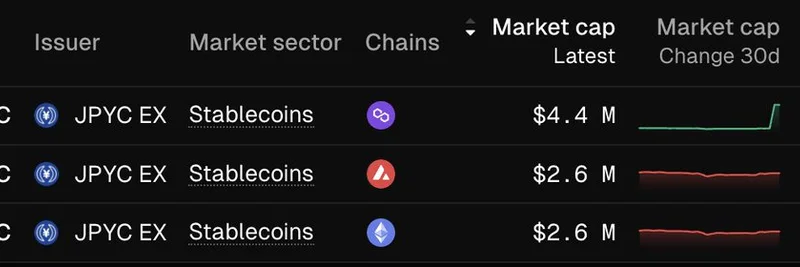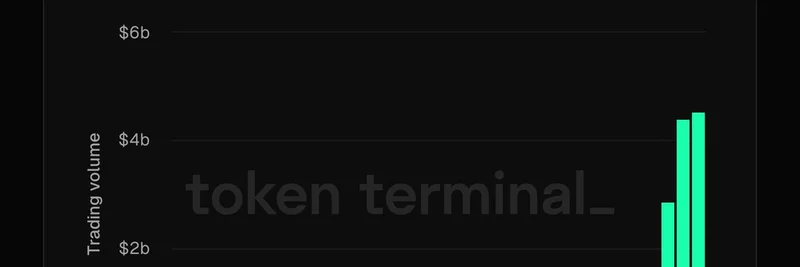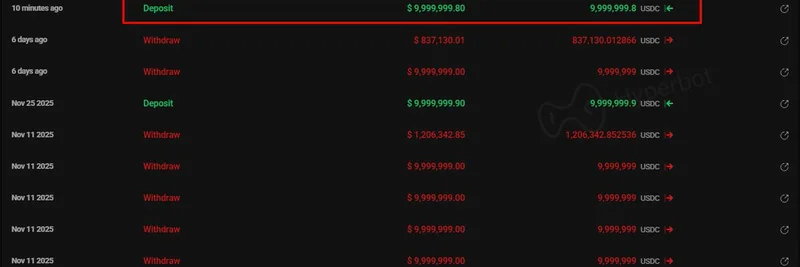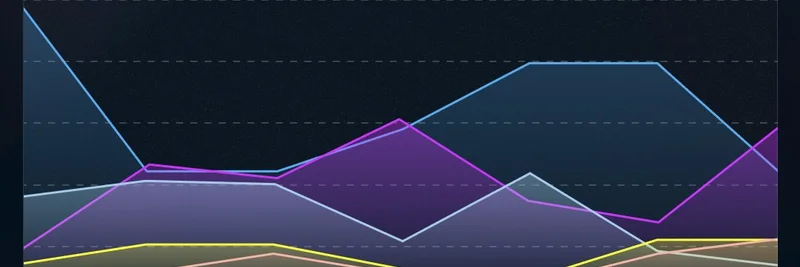Hey there, fellow meme enthusiasts and blockchain builders! If you've been scrolling through X lately, you might've caught wind of a big update in the world of Big Tech. A tweet from crypto commentator MartyParty (@martypartymusic) dropped some key insights on the recent Google antitrust ruling, and it's got us thinking about how this shakes up the scene for meme tokens and the wider crypto space.
For those not deep in the legal weeds, antitrust laws are basically rules to prevent companies from getting too powerful and squashing competition – think of it like ensuring no one player hogs the entire playground. In this case, a federal judge ruled that Google, the search giant we all use daily, won't have to sell off its Chrome browser or spin out Android as a separate entity. That's a win for Google in avoiding a full breakup, but there's a catch: the court is cracking down on their exclusive deals for internet search. No more locking in partnerships that make Google the default everywhere, which could open doors for rivals.
Why does this matter to us at Meme Insider? Well, meme coins thrive on virality, community buzz, and quick discoverability online. Google's dominance in search has often meant that crypto projects – especially niche ones like emerging meme tokens – struggle to surface in results if they're not playing by Big Tech's rules. With this ruling, we're looking at a potential shift where alternative search engines could gain traction, making it easier for decentralized platforms and web3 tools to get noticed.
Imagine searching for the next hot meme coin without Google's algorithms burying it under sponsored ads or mainstream results. This could boost visibility for tokens inspired by tech rebellions or anti-monopoly themes – we've seen memes pop up around everything from privacy coins to those poking fun at corporate giants. Plus, in the blockchain world, this ties into the bigger push for decentralization. If Google's grip loosens, it might accelerate adoption of blockchain-based search alternatives, like those built on decentralized networks that prioritize user data privacy over ad revenue.
MartyParty's post highlights how the decision stems from findings that Google's practices stifled competition, but stops short of drastic measures. It's a balanced take that echoes what we're seeing in crypto: regulators are stepping in, but not dismantling everything. For meme token creators, this could mean more level playing fields in digital marketing. No longer might you need to rely solely on Google Ads for promotion; competitors could offer better rates or crypto-friendly policies.
Of course, the full impact will unfold over time, but early reactions on X suggest the crypto community is optimistic. This ruling might indirectly fuel innovation in meme ecosystems, where quick, community-driven projects could leverage new search dynamics to go viral faster.
Stay tuned as we keep tabs on how this evolves – and if you're building or trading meme tokens, consider how search engine changes could supercharge your strategies. What's your take? Drop a comment or hit us up on X!




